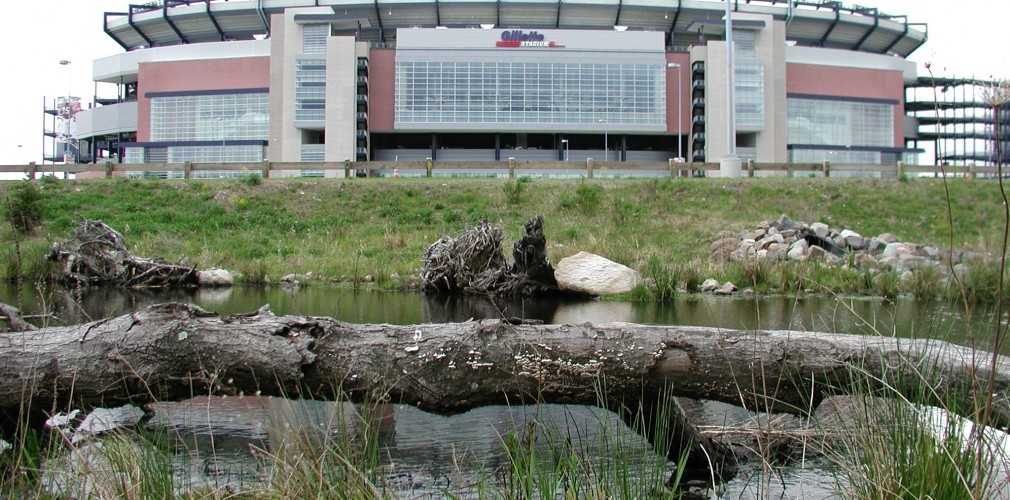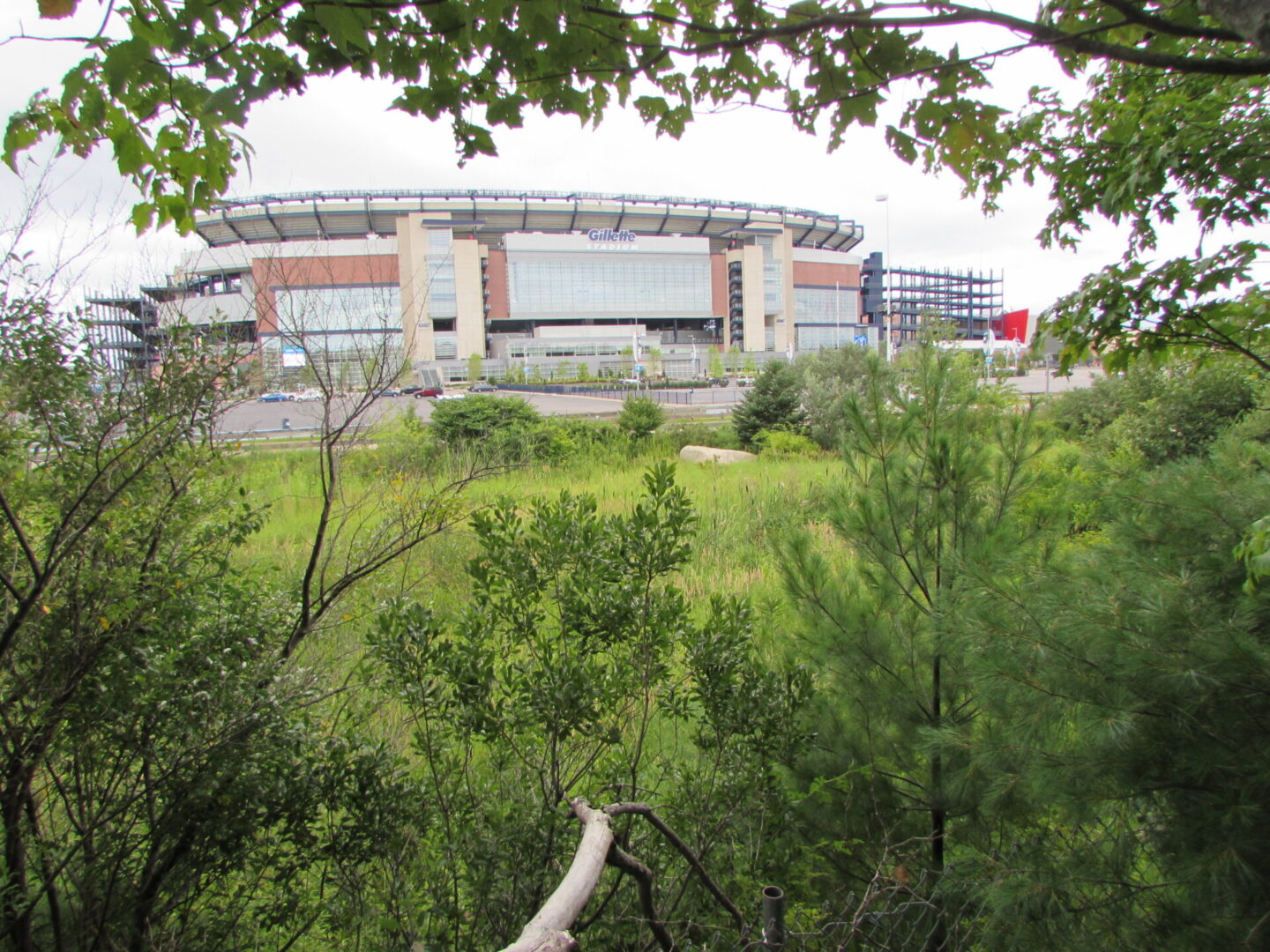2016 COMPOST | Turning Waste into Wealth
2016 Summer Meeting –
COMPOST | Turning Waste into Wealth
AGENDA
a half-day event on
Friday AUGUST 5th
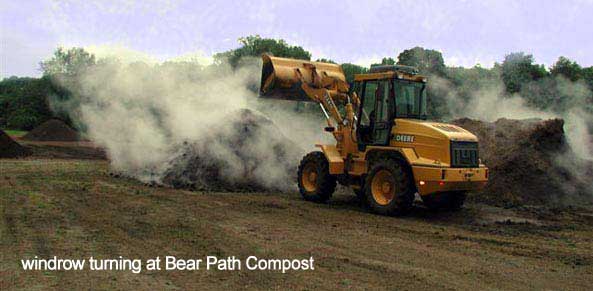
C O M P O S T
Turning Waste into Wealth
Bear Path Farm, West Whately and
UMass Amherst Holdsworth Hall
Group Discounts available!
The SWCS Southern New England Chapter 2016 Summer Meeting will feature a tour of the composting operation at Bear Path Farm, led by farm owner Bill Obear and Mike Mahar, Bill’s partner and Bear Path Compost co-owner. Katie Campbell-Nelson (UMass Extension) will provide guidance on compost sampling and other practical information.
The residues-to-riches story will continue at UMass Amherst, with presentations by Geoff Kuter (Agresource) and Hotze Wijnja (Massachusetts Department of Agricultural Resources). A video by Masoud Hashemi and Atakan Kadi (UMass Amherst) will be shown during lunch: Low Cost Aerated Static Composting Systems for Small Acreage Equine Operations.
The event will conclude with the Southern New England Chapter Annual Meeting, which is open to all.
Click HERE for program details, links to handouts and speaker information.
Compost information HERE.

Registration Rates
- SWCS Member: $35
- Government: $35
- Non-Member: $45
- Student: $25
- Blue Light Special: $125 — includes 1 year SWCS / Southern New England Chapter membership at the $90 Professional level and registration at the Member rate — for new members only
Fee includes a half-day parking permit for UMass Lot 45 and Lunch.
GROUP DISCOUNT:
Register 3 or more, Get 1 FREE!!
—–>>> 25% off each ticket <<<—–
This discount applies to groups of any four or more SWCS Members/Government or groups of any four or more Non-Members who register together.
DIRECTIONS to Bear Path Compost, farm parking and UMass Lot 45
Our host sent these instructions for parking on the farm:Google maps does not show the proper location of Bear Path Compost (formerly Bear Path Farm). You should actually continue north on Webber Road for an additional 1/4 mile. 134 Webber Rd. is the next mailbox on the right. You will see a large red roofed barn and a small building next to the driveway that has a Tree Farm sign on it. Attendees should then pull into the driveway, turn around and go back the way they came for 200 yards or so and go left where a sign says COMPOST ENTER. This is also the entrance to the West Whately cemetery. At the bottom of the road is a building where we keep our equipment etc. and there is plenty of parking down there.
You can see the red roof of our barn on the Google map as well as our house which is gray near a line of pine trees. When you look at the the Google map you will see the tree line creating what appears to be an upside down representation of Massachusetts (I never noticed this before). The clearing between the forested “Cape Cod” and the rest of the forested state is in reality the West Whately cemetery. The road that accesses West Whately cemetery was built over 200 years ago and joins Webber Road parallel as opposed to perpendicular. Not the greatest road layout for modern vehicles.
Let me know if you need any more directions / parking information. I will likely send you a handout in the next few days.
Mike and I are looking forward to meeting you and your members. Take care.
Bill
EVENT ANNOUNCEMENT:
Managing Phosphorus in Organic Residuals
Applied to Soils
Composts, Biosolids, Manures, and
Other Organic Residual Sources
A symposium presented by the University of Massachusetts
Extension Agriculture and Landscape Program
Wednesday 2 November 2016
8:15 a.m. -4 p.m. in Marlborough, MA

-
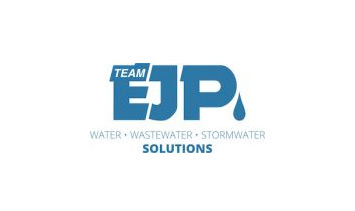
EJP-Logo-jpeg-small-e1504370256194
-
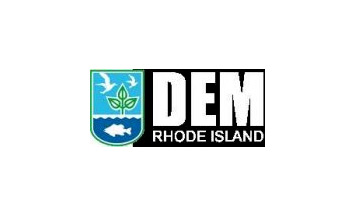
ri-dem-logo-e1504370210254
-
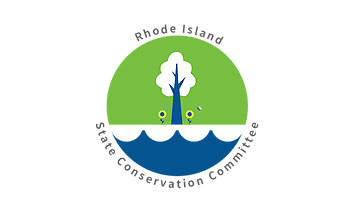
logo-riscc
-
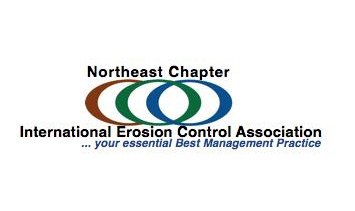
NE-IECA-Logo-1
-
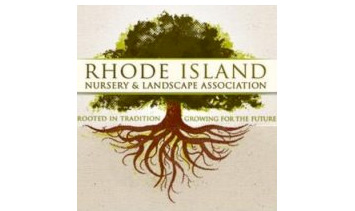
RINLA-logo-e1504370026792

Conservation NewsBriefs
- US wetlands 'restored' using treated sewage tainted with forever chemicals
- The impact of climate change on stormwater management
- Trump administration touts farm conservation, says no pesticide crackdown
- Scientists make revolutionary breakthrough that could solve major problem with how we grow food: 'Could have big, positive agricultural implications'
- Nonprofit making Biochar with first mobile processing facility in Florida

